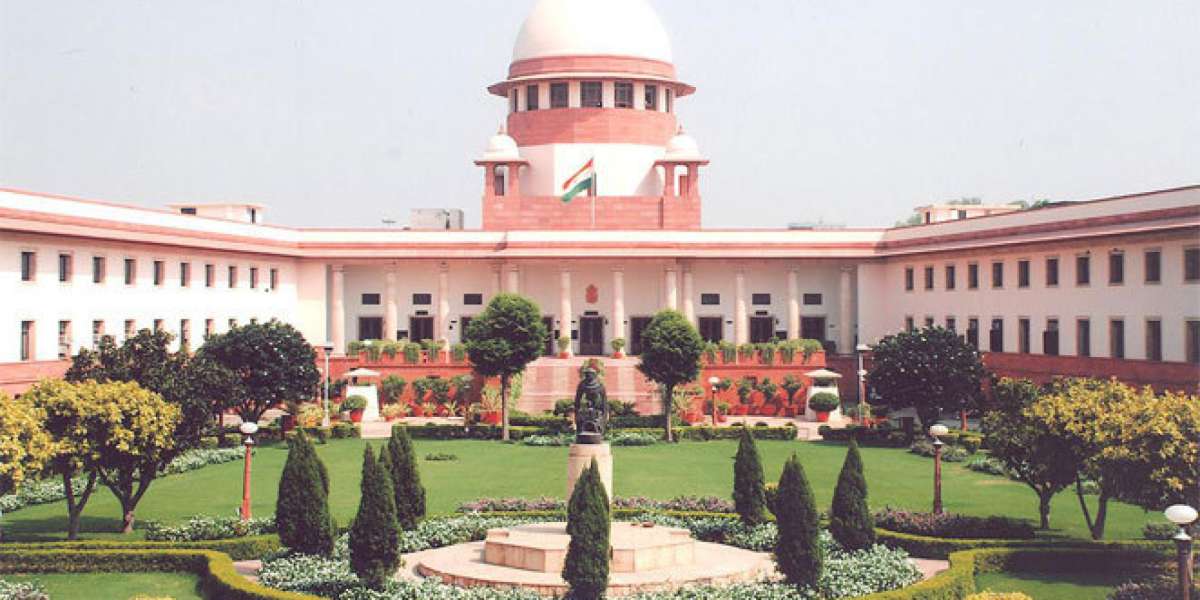In a historic decision that may have a far-sighted effect on the lives of 134 crore Indians, the Supreme Court on Thursday declared that right to privacy was a Fundamental right under the Constitution, asserting that it was intrinsic to the right to life.
A nine-judge Constitution bench headed by Chief Justice J S Khehar ruled that "right to privacy is an intrinsic part of Right to Life and Personal Liberty under Article 21 and entire Part III of the Constitution".
In today's judgement, other members of the bench comprising Justices J Chelameswar, S A Bobde, R K Agrawal, R F Nariman, A M Sapre, D Y Chandrachud, S K Kaul and S Abdul Nazeer also shared the same view.
The nine judges unanimously overruled the two earlier judgements of the apex court that right to privacy is not protected under the Constitution.
The bench overruled the M P Sharma verdict of 1954 and that of Kharak Singh of 1962. The judgement in the Kharak Singh case was pronounced by eight judges and in M P Sharma it was delivered by six judges.
Justice Khehar, who read the operative portion of the judgement, said the subsequent verdicts pronounced after M PSharma and Kharak Singh have laid down the correct position of the law.
Before pronouncing the judgement, the CJI said that among the nine judges some of them have authored different orders.
The verdict was reserved after hearing marathon arguments for six days over a period of three weeks, during which submissions were advanced in favour and against the inclusion of the right to privacy as a fundamental right.
The high-voltage hearing saw a battery of senior lawyers, including Attorney General K K Venugopal, Additional Solicitor General Tushar Mehta, Arvind Datar, Kapil Sibal, Gopal Subaramaniam, Shyam Divan, Anand Grover, C A Sundaram and Rakesh Dwivedi, advancing arguments either in favour or against the inclusion of right to privacy as a fundamental right.
Petitioners include former Karnataka High Court judge Justice K S Puttaswamy, first Chairperson of the National Commission for Protection of Child Rights and Magsaysay award recipient Shanta Sinha, feminist researcher Kalyani Sen Menon and others who have challenged the validity of the Aadhaar scheme on grounds of it being violative of the right to privacy.
Initially, on July 7, a three-judge bench had said that all issues arising out of Aadhaar should finally be decided by a larger bench and the CJI would take a call on the need for setting up a constitution bench.
The matter was then mentioned before CJI Khehar who set up a five-judge constitution bench to hear the matter.
However, the five-judge constitution bench on July 18 decided to set up a nine-judge bench to decide whether the right to privacy can be declared a fundamental right under the Constitution.
The decision to set up the nine-judge bench was taken to examine the correctness of two apex court judgements delivered in the cases of Kharak Singh and M P Sharma in which it was held that this right was not a fundamental right.
Verdict a challenge to Centre’s Aadhaar?
The apex court’s landmark verdict comes as a major blow to Aadhaar as the government has to now convince the Supreme Court that compelling citizens to give a sample of their fingerprints and their iris scan does not violate privacy.
The ruling on the highly contentious issue was to deal with a batch of petitions challenging the Centre's move to make Aadhaar mandatory for availing the benefits of various social welfare schemes.
While the Centre had argued that right to privacy is not a Fundamental right, the petitioners had contended that when a citizen gives his biometrics and personal details to the government and when in turn it is used by commercial organisations, it is a breach of privacy.
The judgement was limited to the issue of right to privacy and the question whether Aadhaar violates right to privacy will be dealt with the five-judge bench which has been hearing the petitions since 2015.
Govt welcomes decision on right to privacy
The Centre today welcomed the Supreme Court's ruling holding privacy as a Fundamental Right, saying the top court has only "affirmed" the government's position on this issue.
Union Law Minister Ravi Shankar Prasad told reporters that the court has said that right to privacy is not absolute and is subject to reasonable restrictions.
"The Supreme Court has affirmed what the government had said in Parliament while moving the Aadhar Bill. Privacy should be a fundamental right subject to reasonable restrictions," Prasad said.
Reacting to the assertion of the Congress that the verdict was a rejection of the BJP's ideology of "suppression through surveillance", Prasad tweeted: "What has been the record of the #Congress in protecting individual liberties was seen during Emergency."

